Economic Ethics: Raising Awareness
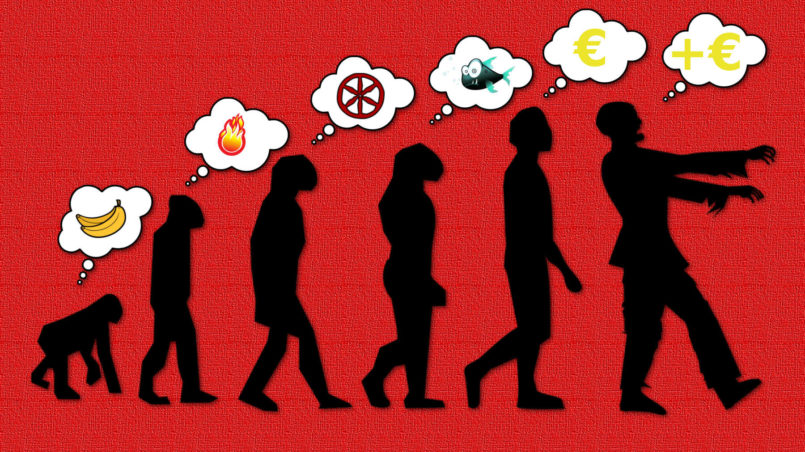
In my two-part discourse, I would like to explain from a philosophical and economic perspective why economic ethics is necessary for Europe. The reason for this is the worldwide pollution caused by microplastics, the unfair distribution of funds and the complete ignorance of politics on these issues. This first part concerns raising awareness of our everyday actions in various economic areas.
Awareness raising
At the beginning I am arrogant and ask a question to readers: Do we even need an economic ethic?
Yeah, we need one. I even go one step further and say that we need a Buddhist business ethics. Respectful use of resources. One of the best-known representatives is Karl-Heinz Brodbeck.
From my perspective, Buddhism is not a religion, but rather a science of the spirit. In Buddhism, there is no Creator God and no divine revelation. In the meditative area, even monks work with brain researchers. These measure brain functions during meditation in order to gain new insights.
Buddhist business ethics is primarily about consciousness. Awareness of our environment. The awareness of our economy in which we live. Today, many people are no longer aware of exactly what they are consuming. One example of this is the TTIP and CETA trade agreements. We know that the economy is based on dependence. Today’s dependencies in the economy are mainly shaped by business with fear. There is a so-called vicious circle:
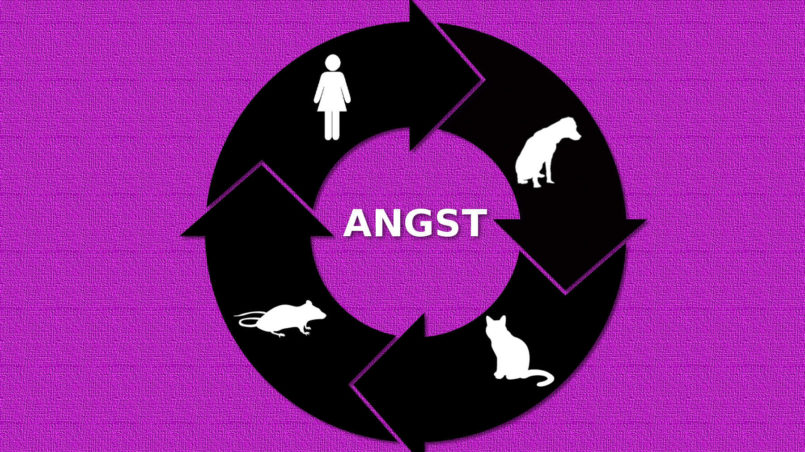
When we translate this model into influential politicians and their potential blackmailers, we have an answer to why free trade agreements are signed. All these fears are based on substance (= materialism) from a philosophical perspective.
In Buddhist business ethics, dependence is interpreted differently. Without fear. Every living being depends on certain factors and the elements in its environment.
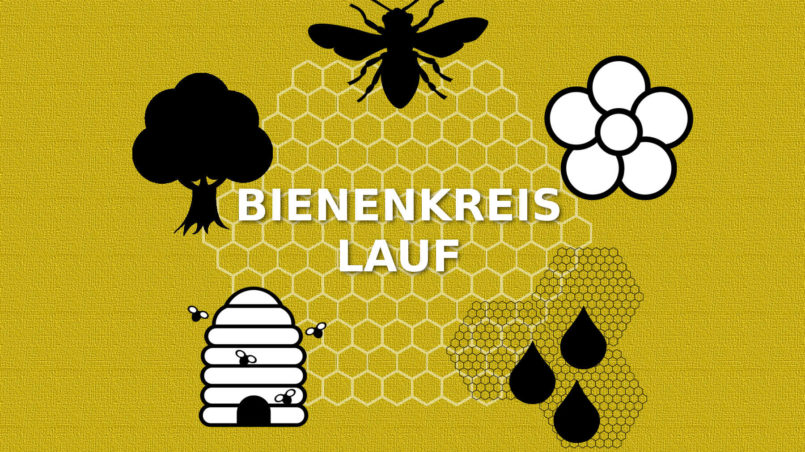
Dependencies can be described using a beekeeping model. In the harvest months, the news repeatedly refers to the death of bees. Who is responsible for this? We, human beings. When there are no more bees, there are no more flowers, no more trees, and no more honey. The bottom line for the capital economy: no nature, no sources of income for mankind. No money.
In this respect, greed for money has “objective” reasons. Money is not just a cleverly invented means of exchange. As a form of socialization based on ignorance about interdependence, the money is privately appropriated, seized as a value and retained. The incessant change, the expression of an insubstantial economic world, constantly creates uncertainty and thus the pursuit of security. In the fictitious monetary value, one records something that is untenable, because money only fulfills its function when it circulates. Money is also a barrier to market entry: only the owner of money can become a buyer. As a result, there is a tendency to seek possession of money again and again if one wishes to participate in the monetary society. This objective coercion of the pursuit of money becomes a habit, eventually a habit, to the pursuit of maximising money ownership in order to ensure market access. And more money gives the ego supposedly greater security. Over the course of thousands of years, this habit of striving for more money has become a social institution in interest rates and loans.
from:”Grundlagen der buddhistischen Wirtschaftsethik” (engl. “Fundamentals of Buddhist Business Ethics”), Karl-Heinz Brodbeck, published in Forum Wirtschaftsethik (engl. Business Ethics Forum) 18,1 (2010), pp. 40-47
Money is usually seen as the cause of the three Buddhist spirit poisons. These three spiritual poisons in Buddhism are ignorance, greed, and hatred. Here are some examples from everyday life:
Ignorance
The neighbour screams, moans, grimaces and makes funny hand movements. I’m calling the police and I want to report him for causing a public nuisance. Why? I felt threatened by him. I didn’t know he was deaf and was talking to his wife, who lives one floor below me, in sign language.
Remedy: Wisdom
Ravenousness
A neighbour knocks at my door and asks me for something to eat. I happen to have cooked too much on this day and still kindly dismiss my neighbour. That’s my food, I worked for it and prepared it with a lot of effort. Why should others benefit from me? I’ll throw away the excess food later.
Remedy: Generousness
Hatred
A neighbour buys a new car. I’m jealous. Why? We live in a competitive society. The bigger and faster my car is, the more successful and respected I will be in society. We are evaluated according to the substance, i. e. the material goods that we possess or carry with us back and forth. An expensive sports car, a diamond ring or an odour on the body.
Remedy: Goodness
In Europe, these three mental toxins are mainly injected into the human body through capitalism. Capitalism only functions in a class society by means of a cybernetic point system. A point system is about getting as many points as possible to become the winner of the competition. Money alone does not make you happy, you do have fewer and fewer opportunities to touch it, and you can’t eat it at all. I refer to a prime example: the story of King Midas.
Money is an illusion of value and an illusion of needs. So the assumption that whoever is rich also disappears into thin air. In Europe, it is very difficult to enforce economic ethics, but Austria is one of the pioneers in this area. I will explain this in more detail in the next part “The Way of Change”.

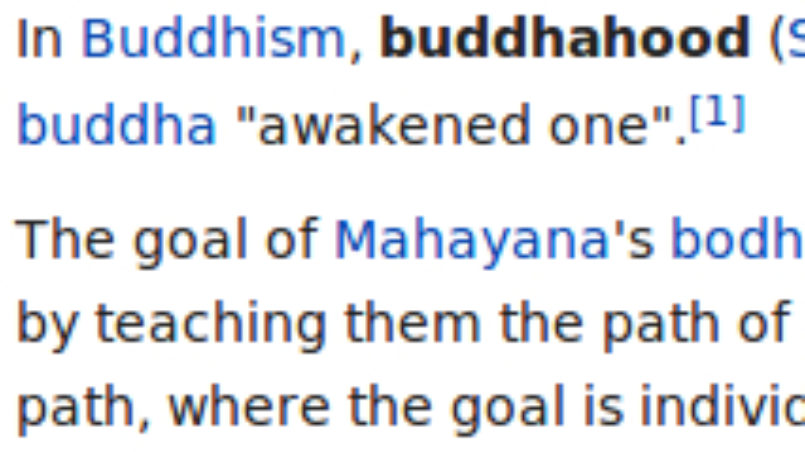
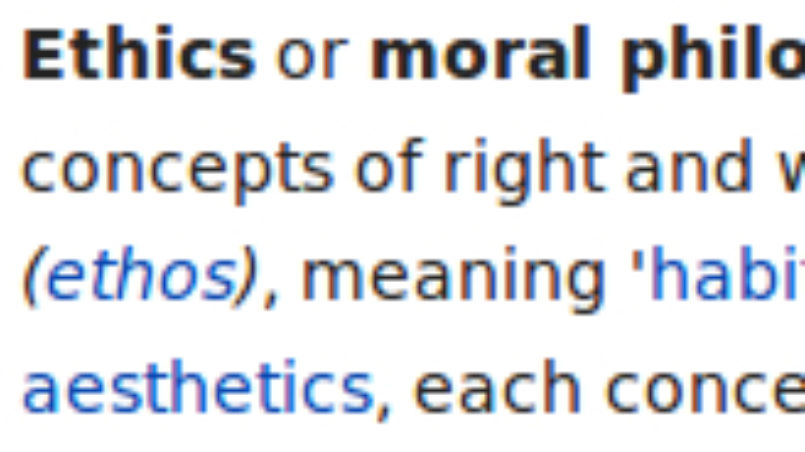
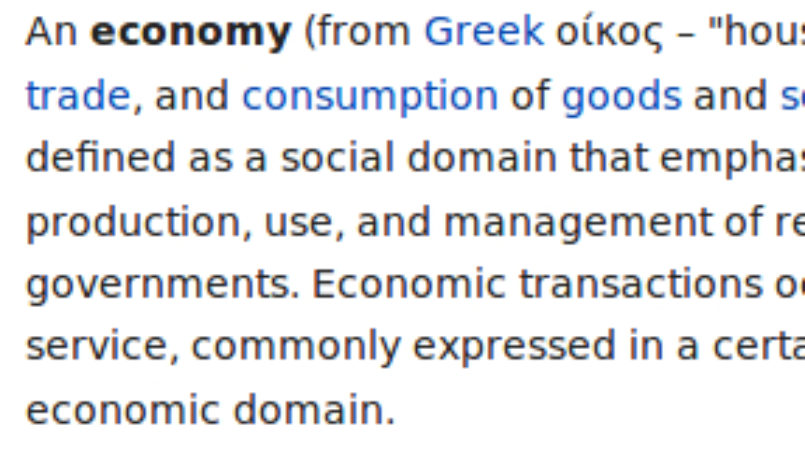


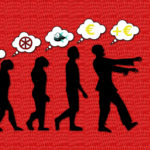
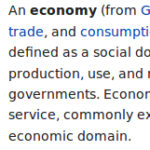
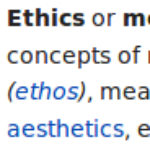
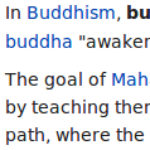
[…] the first part of my series, I explained why we need business ethics (“Business ethics: Raising Awareness“). In this second part, I describe the perceptual aspects that can help you embark on your […]